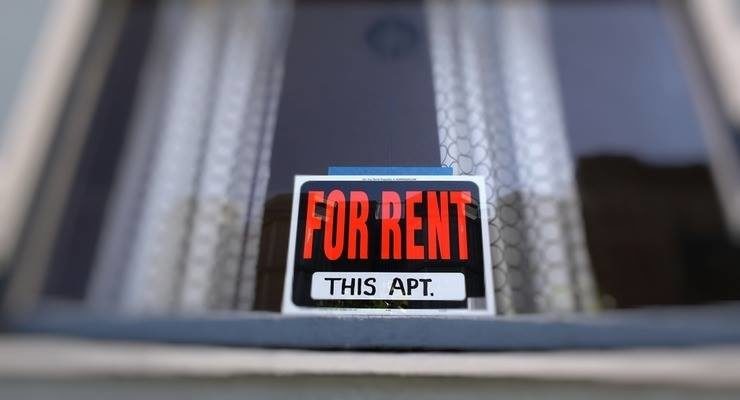
After being rebuffed last year by state regulators, telecommunications giant AT&T is pressing forward with a new plan to end most of California’s traditional landline service.
Assembly Bill 470, which passed the Assembly in June and is now before the state Senate appropriations committee, would allow AT&T to drop its “carrier of last resort” obligation requiring it to provide copper-wire phone service to anyone who wants it.
The company says only about 5% of Californians still use landlines, mostly older residents.
Supporters say the bill would speed the replacement of aging copper wires with fiber-optic networks and expand broadband service to underserved communities. Opponents warn the measure could strip hundreds of thousands of Californians of a reliable communications lifeline, particularly during disasters when cell towers and internet service can fail.
The legislation, authored by Assembly Member Tina McKinnor, D-Inglewood, would require AT&T to invest heavily in fiber expansion, with half of that investment directed to areas with poor service.
It would permit the company to end landline service only in areas deemed “well served,” meaning three alternative providers — typically two cellular companies and one cable operator — are available, including one offering discounted Lifeline plans for low-income households.
AT&T, which reported $12.3 billion in profit last year, says its carrier-of-last-resort duties cost $1 billion annually. “No customer will be left without access to voice or 911 service,” said Susan Santana, AT&T’s California president, pledging a “phased, multi-year” transition to newer technologies.
Consumer advocates, however, see the bill as an “end run” around the California Public Utilities Commission, which last year unanimously rejected AT&T’s effort to abandon landline obligations. “There is no way the commission has the resources to verify throughout the entire state where there are verified alternative services,” said Regina Costa of The Utility Reform Network, a San Francisco-based advocacy group.
The proposal has won support from business groups and some local leaders, including San Jose Mayor Matt Mahan. A dozen Bay Area assembly members voted for the bill.
If approved, the CPUC would have until Dec. 15, 2026, to map which areas are considered well served.
Critics warn that federal broadband maps used for the task often show service availability where it does not actually exist, leaving many households without options.
The Senate appropriations committee is expected to take up AB 470 in the coming weeks.


















